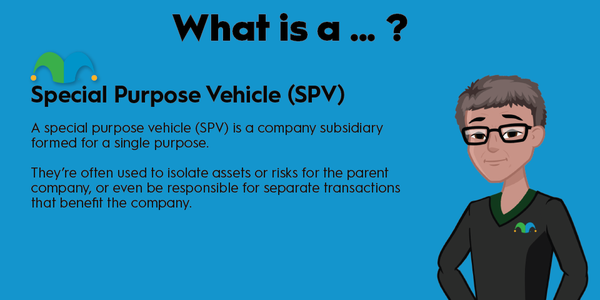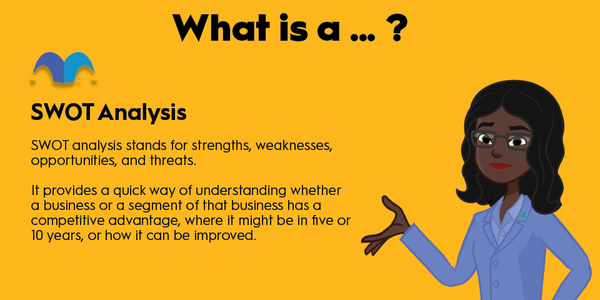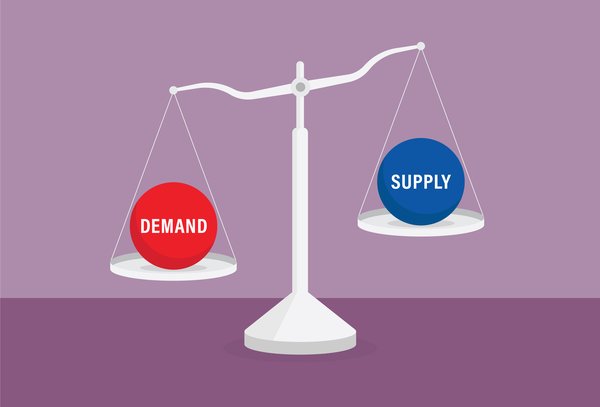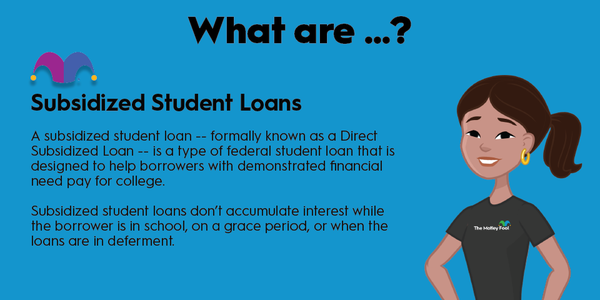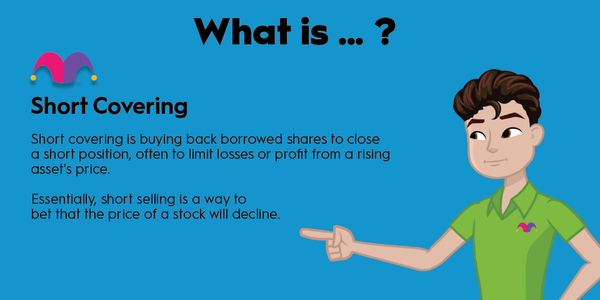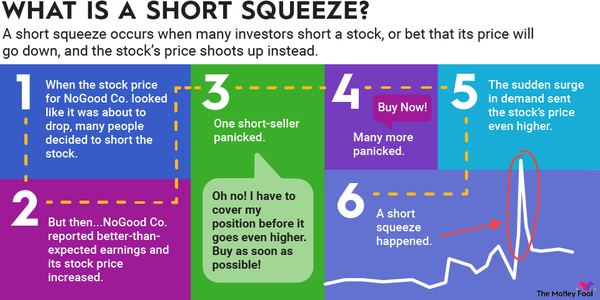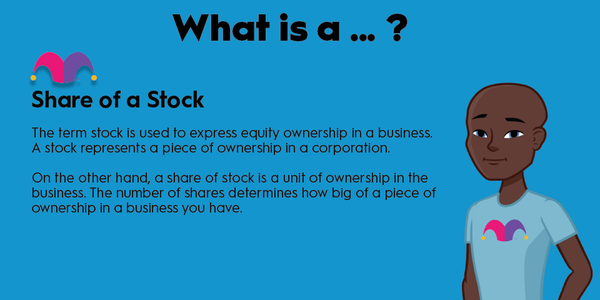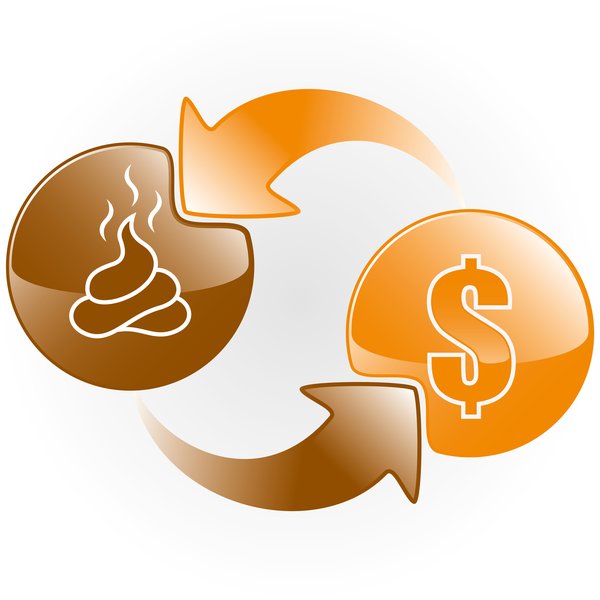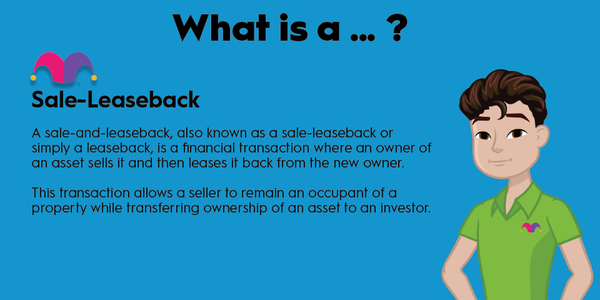There are three critical roles involved in the creation and management of a revocable trust: settlors, trustees, and beneficiaries. Of the three, settlors arguably have the most important responsibilities.
Read on to learn who the settlor is in relation to the trust, what the settlor's duties are, and the avoidable settlor mistakes that can undermine the trust's effectiveness.

Basics about the settlor
Understanding the settlor in a revocable trust
The settlor of a revocable trust is the person who initiates and funds the trust. As a reminder, a revocable trust is an estate planning tool that allows assets to be passed to beneficiaries outside of probate.
Trust settlors must be 18 years old and mentally competent. Also, since revocable trusts are usually established to bequeath assets, settlors should own property and have friends or family -- beneficiaries -- who can receive that property when the settlor dies.
Settlors can also be called grantors, trustors, testators, or donors.
Responsibilities
The settlor's responsibilities
Settlors do more than pay the lawyer who forms the trust. They must also define beneficiaries and distribution rules, manage assets, choose a successor trustee, retitle property, modify trust rules as needed, and pay taxes on trust income.
Let's look at each of these below.
1. Define beneficiaries and distribution rules
Trust beneficiaries are the individuals or entities that will receive property from the trust. Distribution rules are the instructions for that property transfer. As a simple example, a settlor might want the property in trust to be divvied up equally among three siblings upon her death.
Beneficiaries and distribution rules are established when the revocable trust is created, but they can be modified. If the settlor has a falling out with one sibling, for example, the trust could be amended to divide the property equally between the other two.
2. Manage assets
Settlors of revocable trusts often appoint themselves as trustees. Trustees are the legal managers of the trust property.
Serving as trustee allows the settlor to use and manage the assets in trust, much in the way a property owner would. An example would be selling a home that's held in trust and using the proceeds to cover medical expenses. A third-party trustee would need to sign off on that transaction, but the settlor trustee could proceed without anyone else's approval.
3. Choose a successor trustee
A successor trustee is the individual who steps in to run the trust after the settlor dies. The settlor can appoint a trust company, family member, or close friend to serve as successor trustee.
The successor cannot change the terms of the trust. He or she can only make decisions that fulfill the trust instructions. Those decisions usually involve selling property, paying taxes, and distributing assets to beneficiaries.
4. Retitle property
After the trust is established, it is the settlor's job to retitle any applicable property in the trust's name. The trust distribution rules can only apply to property the trust owns.
5. Modify trust rules as needed
Trust rules can become outdated due to life changes such as divorce, remarriage, or childbirth. Settlors should review the trust periodically and work with a lawyer as needed to modify the trust to suit their current circumstances.
6. Pay taxes on trust income
Revocable trusts are usually structured to pass taxable income to the settlor. The settlor then reports the income on a personal tax return and pays any resulting income taxes.
Revocable vs. irrevocable trust settlors
Revocable trust settlors vs. irrevocable trust settlors
The responsibilities outlined above are specific to revocable trusts. Settlers engage differently with irrevocable trusts, which are very difficult to modify or dissolve.
On a revocable trust, for example, the settlor who is still living can also be the trustee and the beneficiary. The successor trustee and estate beneficiaries step in only when the settlor dies. On an irrevocable trust, the settlor cannot be a sole trustee and should not be a beneficiary at any time.
Therefore, the settlor of an irrevocable trust has minimal duties once the trust is funded. The settlor may pay taxes when transferring assets into the trust. After that, the irrevocable trust files its own tax return. Any beneficiaries who receive income from the trust are responsible for the taxes going forward.
Related investing topics
Mistakes to avoid
Settlor mistakes to avoid
Settlor mistakes can prevent revocable trusts from functioning as expected. Not funding the trust and becoming over-extended financially are two pitfalls that can affect how or if beneficiaries receive property according to the trust rules.
1. Not funding the trust
As noted, the settlor must transfer applicable property into the trust. This can be tedious work. Moving a home into a trust, for example, involves preparing, notarizing, and filing a new deed with the county clerk's or recorder's office. Settlors may also need to update their homeowners insurance and title insurance.
Any property that is not retitled in the trust's name could be subject to probate. Additionally, that property may not be distributed per the trust instructions. If there is a will, that document will guide the distribution. Otherwise, the courts will decide who gets what based on state intestacy laws.
2. Becoming over-extended financially
Assets held in a revocable trust are not protected from creditors. So, a settlor with unmanageable debt could lose the trust property in a collection action. An asset seizure from a trust can happen while the settlor is living or after the settlor has passed.
